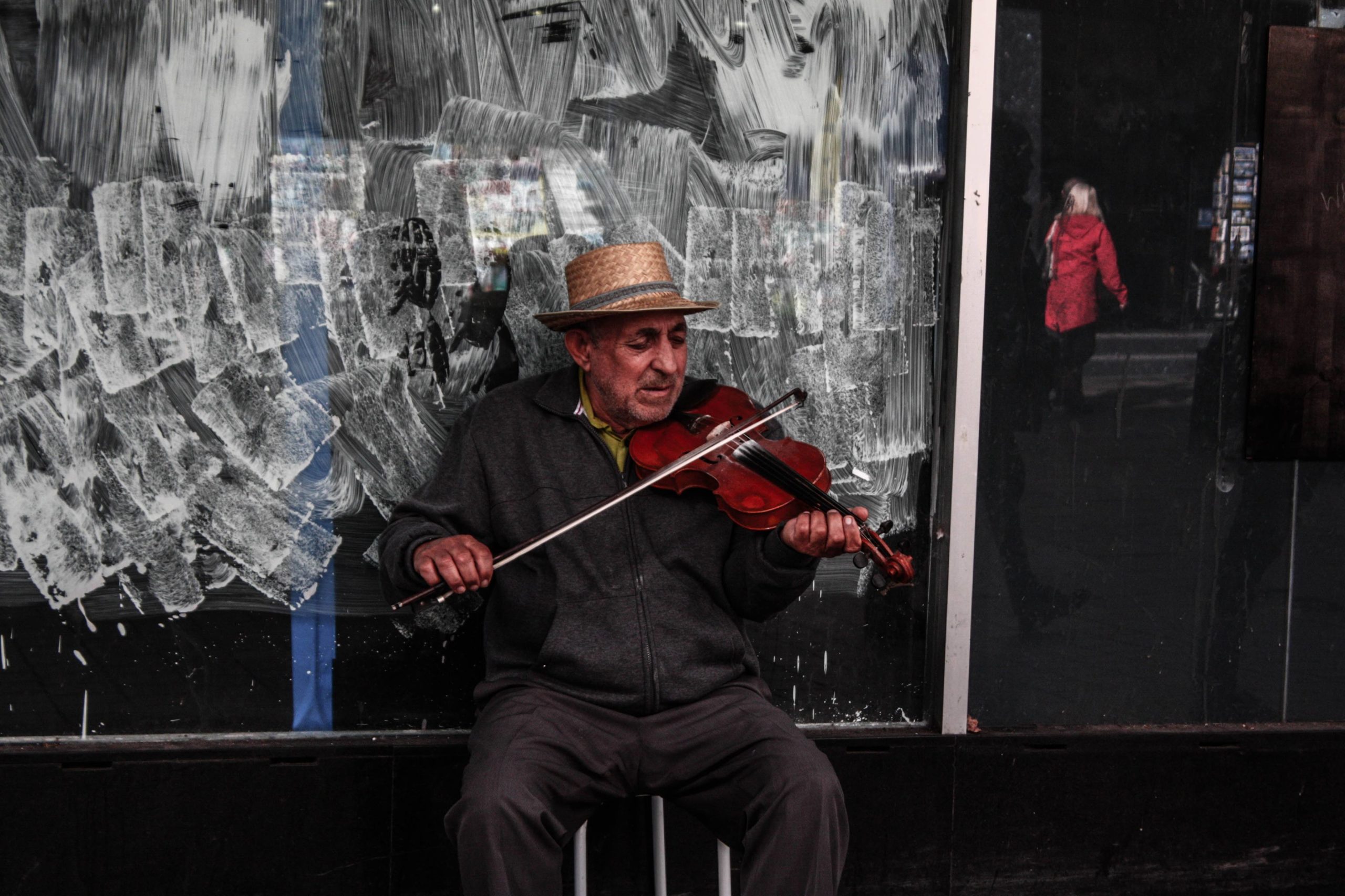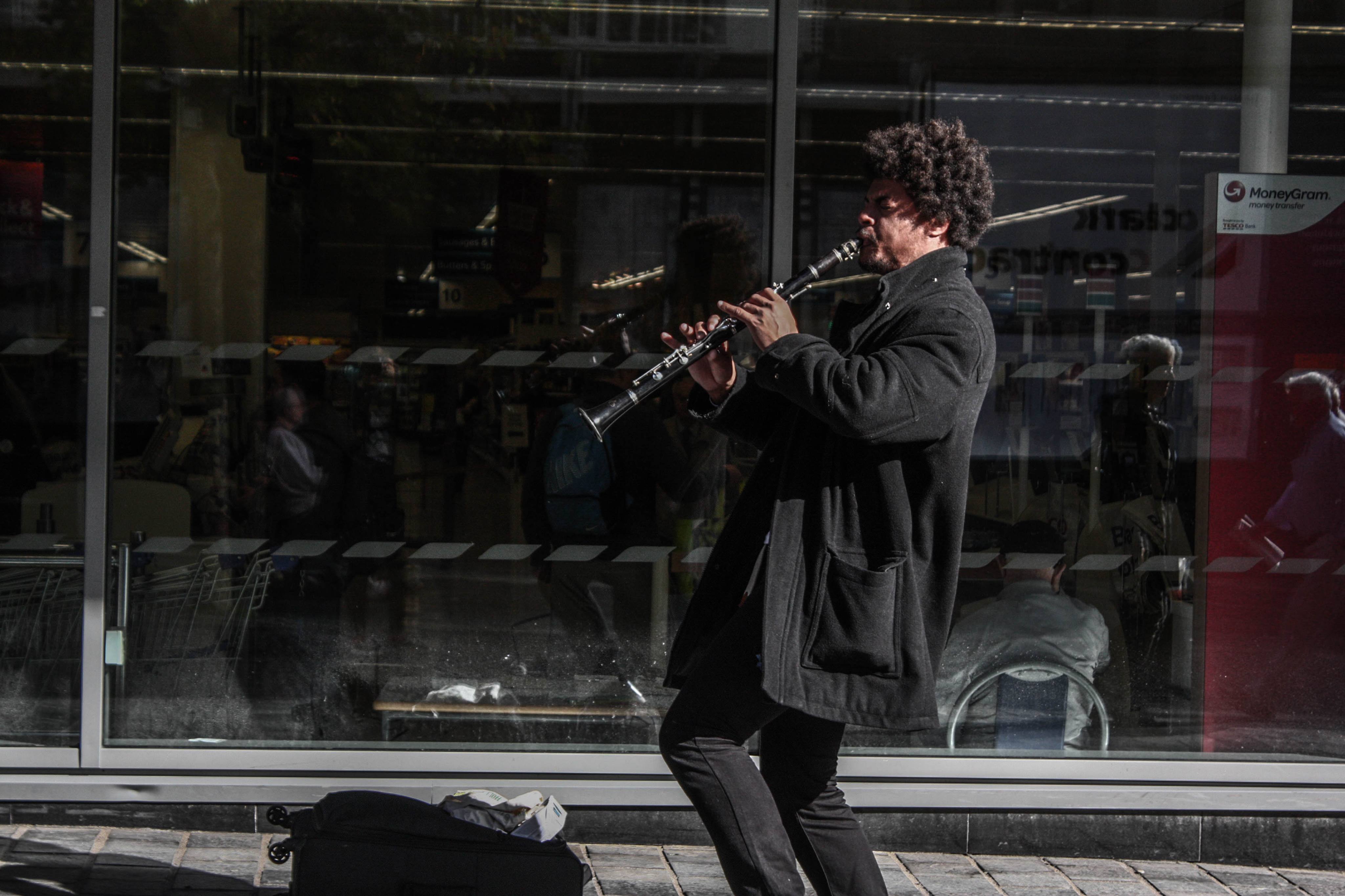[Written By: Gabriel Rutherford]
[Photographer: Elena Roselli]
The importance of arts funding cannot be overstated. For culture, funding is crucial for survival especially in an age where inflation means that artists have to charge more for their art, thereby limiting audience sizes – already a problem in the echelons of “higher” art. After all, when was the last time you went to the opera?
What happens when organisations don’t get funding? Well, they decline, atrophy, and then are forced to shut down. First it’s the unpopular institutions – opera houses, unfashionable theatres, elitist orchestras. Then it starts to bite – your favourite venues and clubs start to close. Creators start to leave the country. Culture, without any funding or incentive, effectively dies, depriving the nation concerned both economically and in terms of international standing. In 2015, the Warwick commission found that the creative arts sector accounts for 5% of the British economy, which is 76.9 billion pounds per annum. Since that report was published, creative arts have generated over 150 billion pounds.
So, if culture has such great importance, why are politicians so loath to actually fund it? After all, they reap the benefits of a strong culture more than anyone else – see Tony Blair posing with Noel Gallagher in 1997 and David Cameron claiming to be a Smiths fan – but these days, politicians want to slash and burn the arts to the ground. The Conservatives have been in power for the last 7 years and 8 months. In that time, Arts Culture England has faced a funding cut of 32%. There were fears that the SNP government in Scotland could impose funding cuts, which, thankfully, did not happen in the latest budget. In the Netherlands, the xenophobic, Islamophobic politician Geert Wilders has dismissed the arts as “leftist hobbies”, and the ruling coalition government has pledged to bleed the arts dry to the tune of nearly 300 million Euros. In the USA, Donald Trump has pledged to slash arts funding for the NEA program by a savage 80%, then shut down the program entirely. Unfortunately, it seems the arts are particularly unpopular right now, but why?
Well, if you notice one thing in common between May, Wilders and Trump, it’s conservatism. It can’t be a coincidence that conservative leaders all over the world are trying to cut arts funding. There is nothing less than an ideological crusade against the arts being pursued by conservative and right-wing governments the world over. It doesn’t help that the arts are usually perceived, as Wilders so eloquently put it, as “leftist hobbies”. The arts are seen as being the preserve of work-shy lefties, a view which has unfortunately resonated with the masses, who are only too happy to vote in arts-slashing conservatives. The true value of the arts is never brought up in the public discourse. I certainly didn’t know that the arts generated 76.9 billion pounds worth of the British economy before researching this article. Too many people, from the ordinary worker to our own leaders, are unaware of the immense value of the arts both economically and socially.
Indeed, there is a mass ignorance around the value of art and artists. Did you know that arts funding in 2015 was 0.3% of all total public spend by the UK government? 0.3% of all public spending generating 5% of the economy is a frankly astonishing statistic – if it was the energy sector generating such a profit the government would be throwing money at it. Yet the Conservatives would rather cut off the nose to spite the collective face in order to pursue some ideological vendetta against creativity, culture, and individuality.
Furthermore, let’s clear up the myth that artists are lazy, don’t work as hard as “ordinary people”, or that they make money for nothing. For many artists, it’s impossible to live off their art. Marc Lambert, CEO of the Scottish Book Trust, said in 2017 that the average annual salary of a writer in Scotland is a wretched 5k per annum. We aren’t all sipping Pret lattes on Byres Road while we quaff down chia seed muffins – the average Scottish writer has to work at least two jobs to support themselves.
So why should the arts face more funding cuts, more hardships, and more struggles? Why should an economically valuable, culturally crucial sector be vindictively punished? The arts, and the artists, need – and deserve – more funding.


